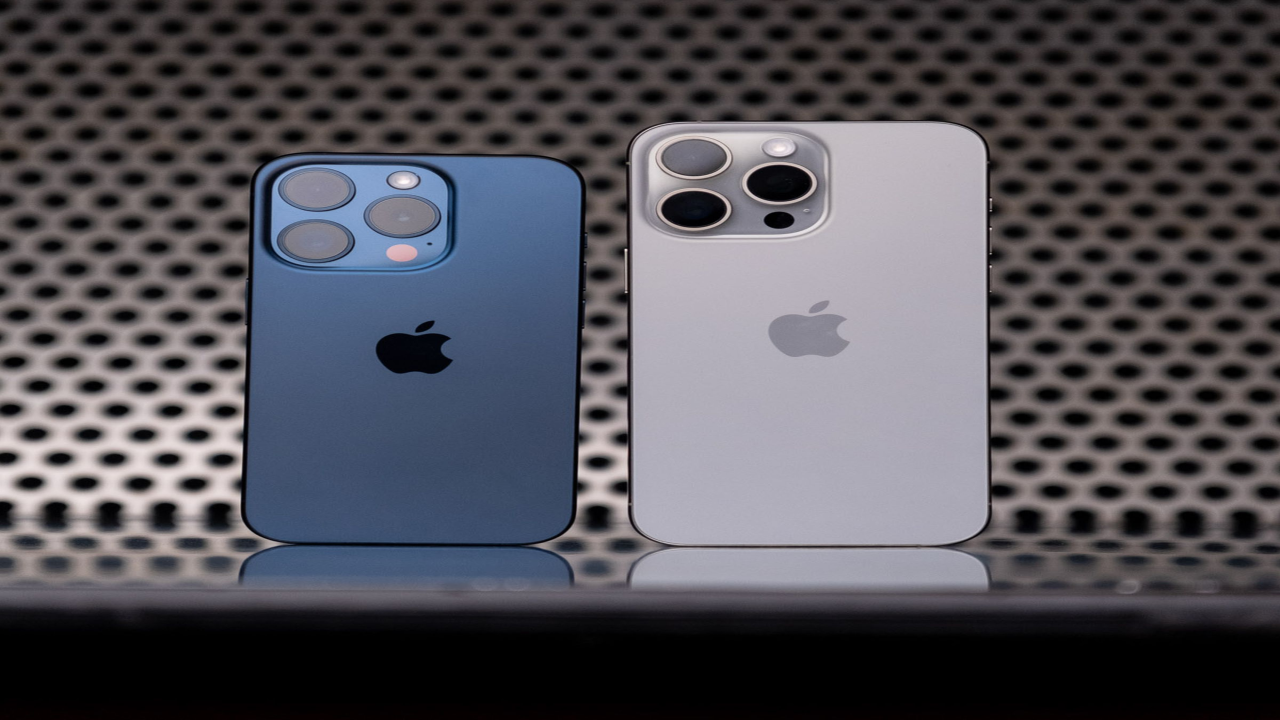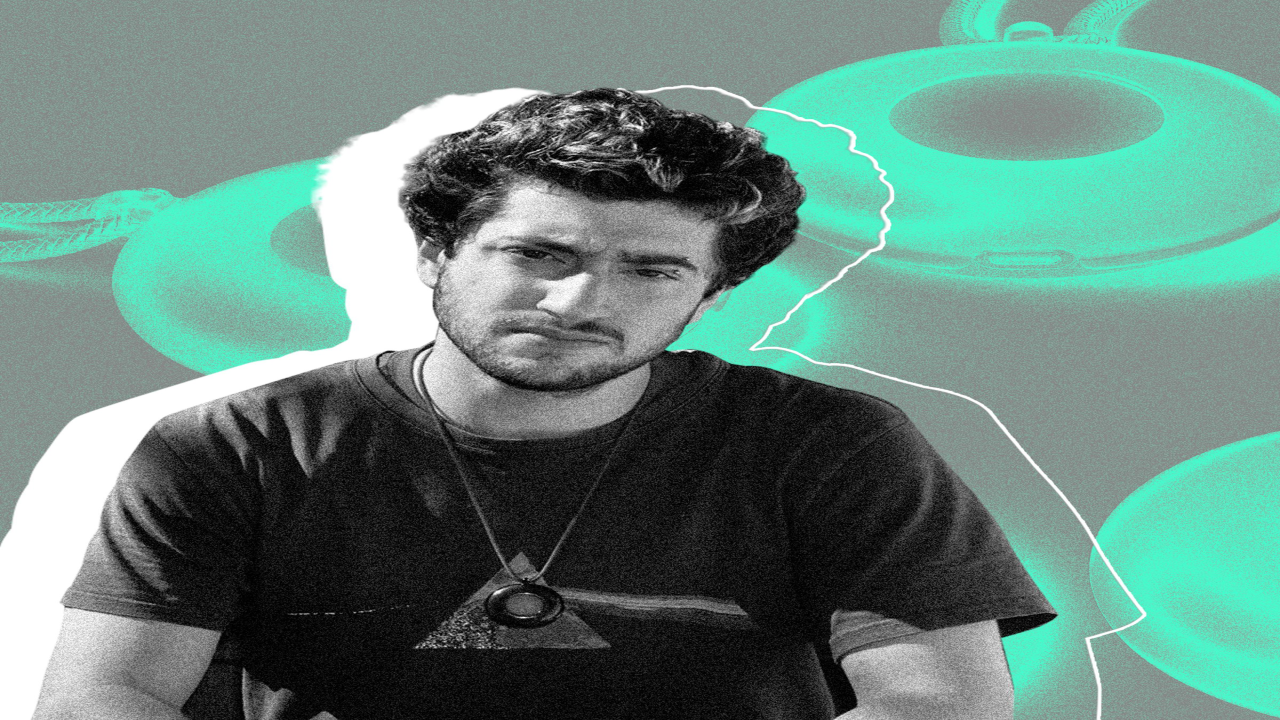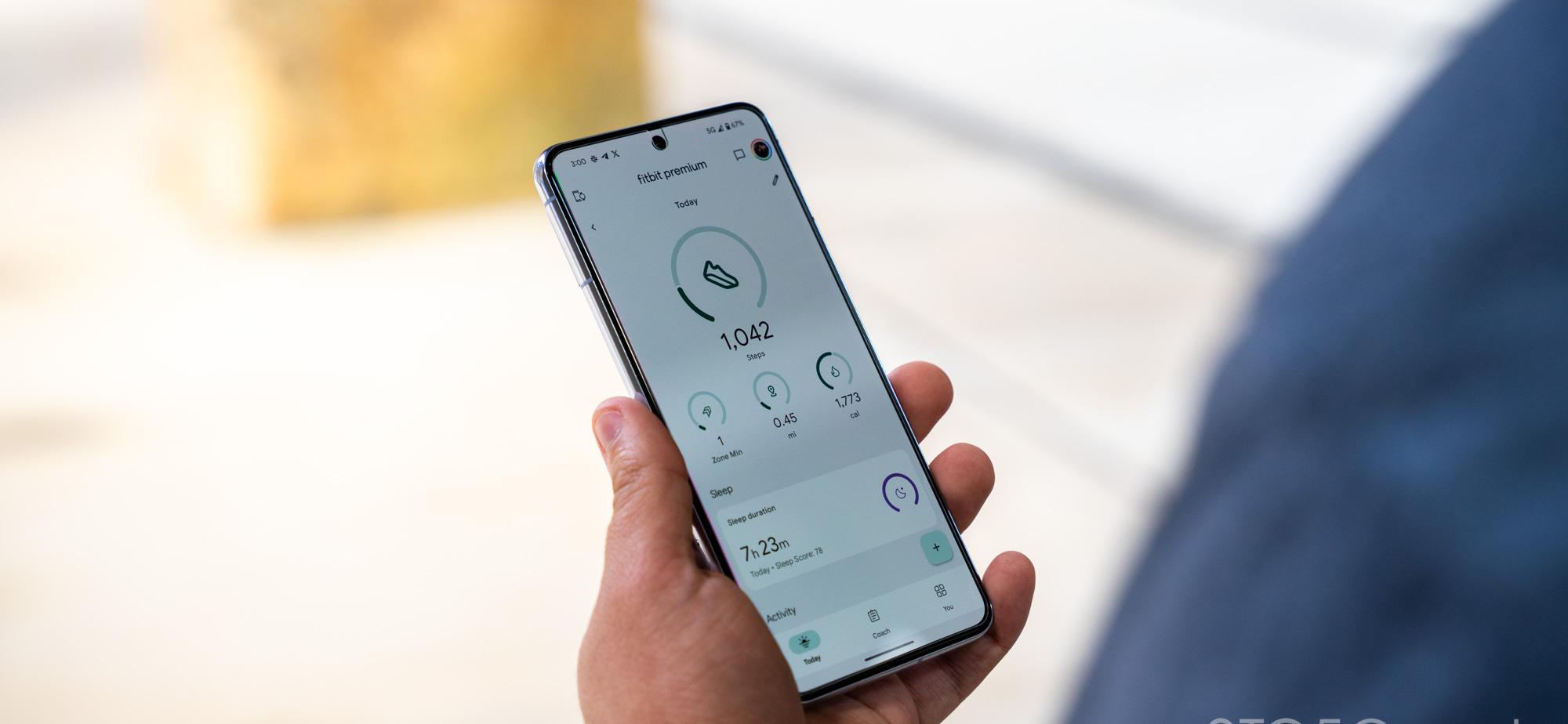OpenAI's Response to Elon Musk Lawsuit: The Quest for Control
OpenAI responds to Elon Musk's breach of contract lawsuit, highlighting the quest for control and the controversy surrounding a potential merger with Tesla. The company addresses allegations of abandoning its nonprofit mission and the decision not to open-source its work.

OpenAI, the renowned artificial intelligence research organization, has issued a detailed response to the recent breach of contract lawsuit filed by Elon Musk. In their blog post, OpenAI refutes Musk's claims and sheds light on the underlying issue of control that has been a point of contention between the two parties.
The heart of the matter lies in Musk's alleged desire for "absolute control" over OpenAI. According to the blog post, Musk proposed merging OpenAI with Tesla, aiming to have majority equity, initial board control, and even assuming the role of CEO. OpenAI, committed to its mission, declined these terms, deeming them contrary to the principles of the organization.
The response from OpenAI highlights the fact that the organization had considered adopting a for-profit structure to further its mission. However, the insistence on one individual having absolute control over the company was seen as incompatible with OpenAI's core values. The pursuit of control, in this context, raises questions about the potential impact on the organization's direction and independence.
Musk's lawsuit also accuses OpenAI of deviating from its original nonprofit mission, claiming that it has become a "closed-source de facto subsidiary" of Microsoft, with a focus on profitability rather than benefiting humanity. OpenAI rebuts this allegation, emphasizing that it never intended to open-source its work indiscriminately. The blog post cites an email conversation from 2016 where Musk himself acknowledged the need to be less open as the organization approached the development of artificial general intelligence (AGI).
While the existence of a formal founding agreement between Musk and OpenAI remains undisclosed, the blog post does not directly address this aspect. Instead, it clarifies OpenAI's position on the allegations related to the algorithm GPT-4, which Musk claims to be a Microsoft proprietary algorithm representing AGI. OpenAI had previously refuted these claims in an internal staff memo but did not provide further details in the public response.
The response from OpenAI has sparked a debate within the AI community, with experts weighing in on the implications of control, collaboration, and the balance between commercial interests and the pursuit of social good. The clash between Musk and OpenAI underscores the challenges faced by organizations striving to harness the potential of AI while navigating ethical, legal, and strategic considerations.
As the legal battle between Elon Musk and OpenAI unfolds, the outcome will undoubtedly have significant ramifications for the future of AI research and development. The pursuit of control and the delicate balance between profit and the greater good remain key areas of concern in this rapidly evolving field.
In conclusion, OpenAI's response to Elon Musk's breach of contract lawsuit sheds light on the quest for control and the diverging visions concerning the organization's future. The debate surrounding a potential merger with Tesla, allegations of abandoning the nonprofit mission, and the decision not to open-source its work have ignited discussions about the boundaries and responsibilities of AI research organizations.
What's Your Reaction?





















